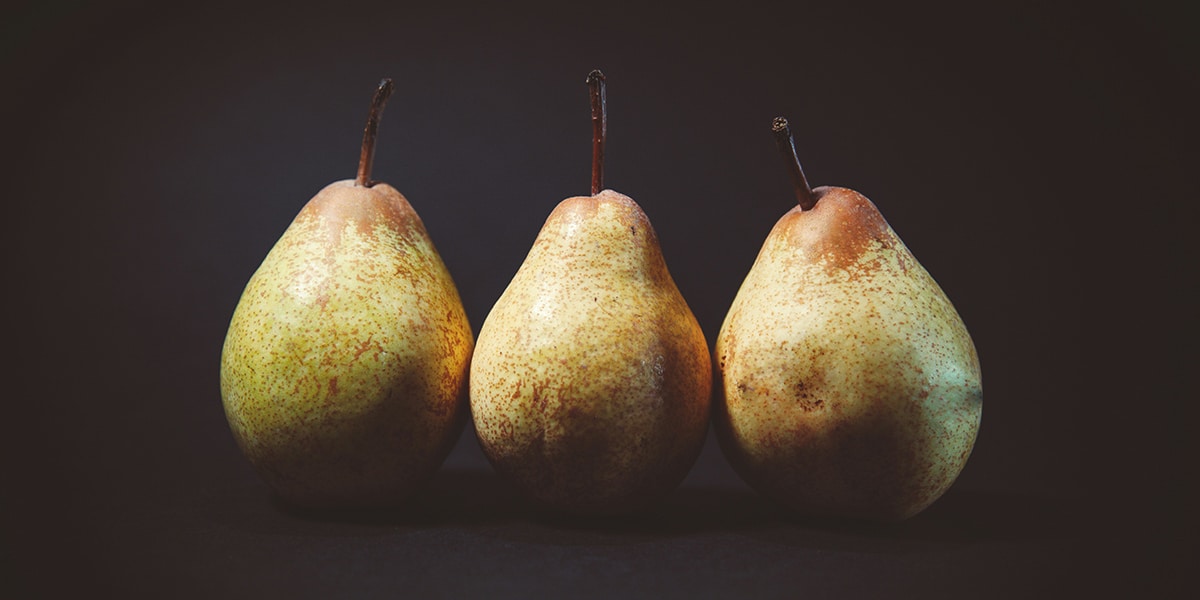
Called to Be Saints
The presence or chorus of the saints—living and dead—reassures us that we never travel alone. They might say, “we got your back.”
Posts from:

The presence or chorus of the saints—living and dead—reassures us that we never travel alone. They might say, “we got your back.”

In his book “Thanks!” Robert Emmons characterizes gratitude as not a “superficial happiology,” but a perspective with transformative power.

Choosing to reframe or not focus on negative experiences gives them less power. Savoring positive memories magnifies them.

A still life painter or an artistic photographer helps us see something as ordinary as bread, bird or pear with new appreciation. If we don’t pause to thank, we might assume such mini-blessings will always be there.

Everything we have is a gift from God. No one can control what’s most important. We often receive far more than we deserve.

The good news from science is that gratitude can lead to chemical bodily responses that bring health benefits and longer life spans.

Saint Hildegard of Bingen used the term viriditas to describe the energy of the sun transformed by plants into growth and life. While we can observe it in gardens and forests, Hildegard believed we could also cultivate it in our souls, as God constantly co-creates us.